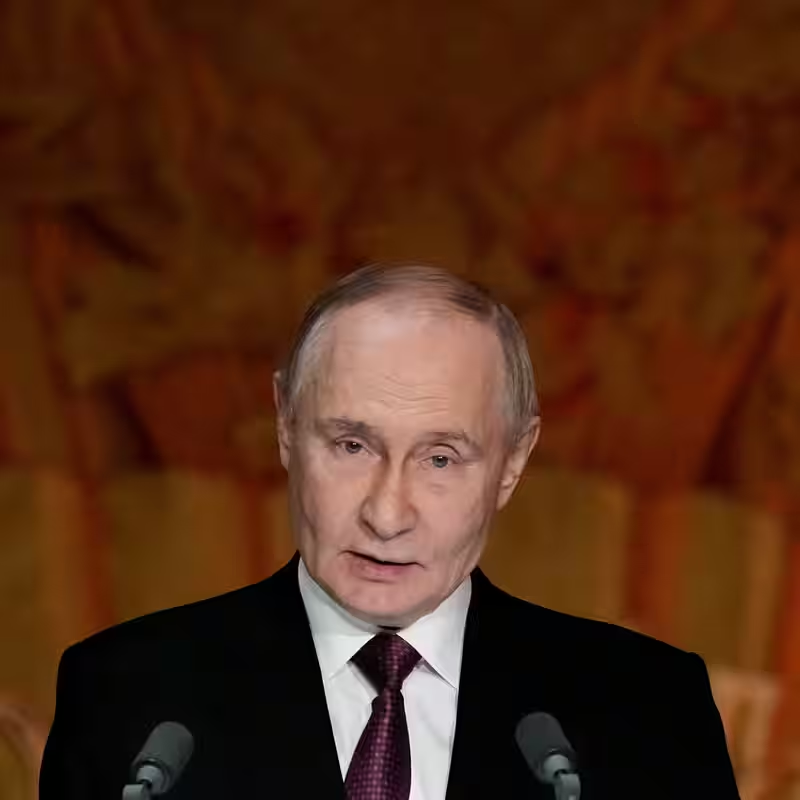Table of Contents
- Nuclear Tensions Rise After Trump’s Social Media Post
- Kremlin Clarifies: No Nuclear Detonation Occurred
- What Was Actually Tested?
- The Fragile Global Nuclear Moratorium
- What Happens Next?
- Sources
Nuclear Tensions Rise After Trump’s Social Media Post
On Wednesday, October 29, 2025, President Donald Trump sent shockwaves through global security circles with a cryptic social media post: “Because of other countries testing programs, I have instructed the Department of War to start testing our Nuclear Weapons on an equal basis.”
The statement—posted without elaboration—appeared to reference recent Russian military announcements. Within hours, the Kremlin responded, denying any actual nuclear weapons testing while leaving the door open for retaliation if the U.S. moves forward.
Kremlin Clarifies: No Nuclear Detonation Occurred
Dmitry Peskov, spokesperson for Russian President Vladimir Putin, told Russian news agencies on Thursday that Moscow’s recent tests of a nuclear-powered drone and a nuclear-capable missile did not involve live nuclear detonations.
“They certainly cannot be viewed as nuclear testing at all,” Peskov insisted, adding that Russia would only resume full-scale nuclear testing if the United States did so first.
Russia has not conducted a confirmed nuclear weapon test since 1990, adhering—at least officially—to the global moratorium on explosive nuclear trials.
What Was Actually Tested?
Earlier this week, President Putin announced two high-profile defense milestones:
- Poseidon drone: A long-range, nuclear-powered underwater drone capable of carrying a massive thermonuclear warhead.
- Sarmat missile: An intercontinental ballistic missile (ICBM) designed to evade U.S. missile defense systems and deliver multiple nuclear payloads.
While both systems are “nuclear-capable,” experts confirm no actual nuclear explosion occurred during the tests. Instead, Russia evaluated propulsion, guidance, and delivery mechanisms—standard practice under current arms control norms.
The Fragile Global Nuclear Moratorium
Since the early 1990s, a de facto global ban on nuclear explosive testing has held, reinforced by the Comprehensive Nuclear-Test-Ban Treaty (CTBT)—though the U.S. and several other nuclear powers have signed but never ratified it.
A U.S. resumption of live nuclear tests would shatter this decades-long consensus and likely trigger a new arms race. China, North Korea, and others could follow suit, experts warn.
What Happens Next?
The White House has not clarified whether Trump’s “testing” directive refers to live detonations or simulated or non-nuclear trials—common in U.S. defense programs. The Department of Defense routinely tests unarmed missile systems, which do not violate international norms.
However, the ambiguity has already rattled allies and adversaries alike. NATO officials are reportedly seeking emergency briefings, while arms control advocates urge restraint.
“Words matter—especially when nuclear weapons are involved,” said Dr. Elena Ramirez, a senior fellow at the Arms Control Association. “One misstep could undo 30 years of strategic stability.”
Sources
Russia Says It Didn’t Test Nuclear Weapons, but Would if the U.S. Did – The New York Times




